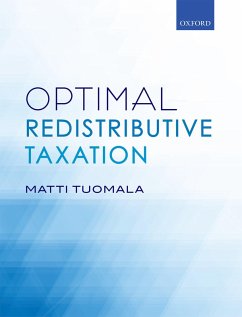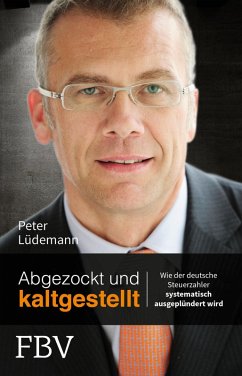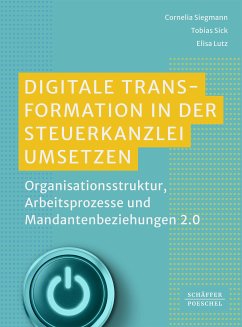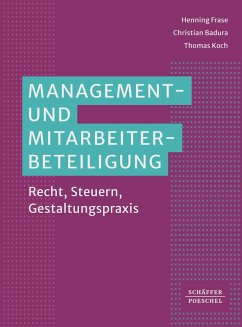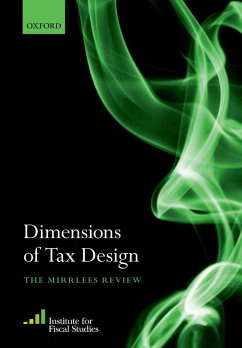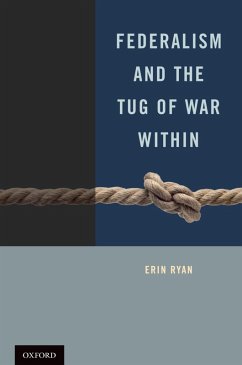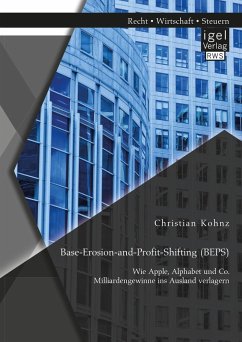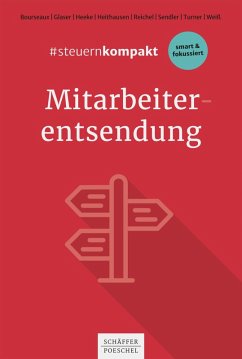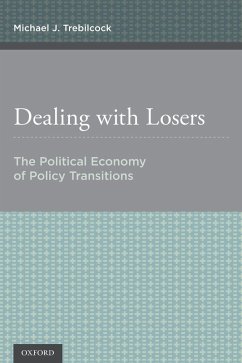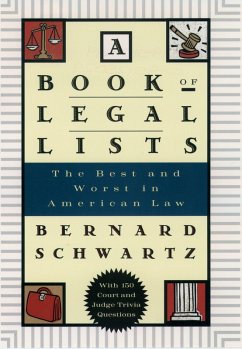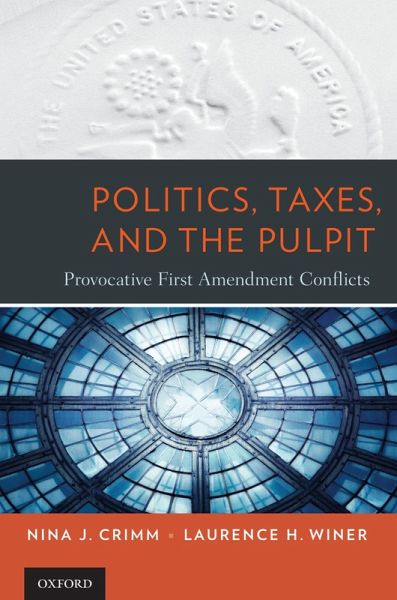
Politics, Taxes, and the Pulpit (eBook, PDF)
Provocative First Amendment Conflicts
Versandkostenfrei!
Sofort per Download lieferbar
29,95 €
inkl. MwSt.
Weitere Ausgaben:

PAYBACK Punkte
15 °P sammeln!
In Politics, Taxes, and the Pulpit, Nina J. Crimm and Laurence H. Winer examine the provocative mix of religion, politics, and taxes involved in the controversy over houses of worship engaging in electoral political speech. The authors analyze the dilemmas associated with federal tax subsidies benefiting nonprofit houses of worship conditioned on their refraining from political campaign speech. The Supreme Court's recent Citizens United decision invalidating federal campaign finance restrictions on corporations' political campaign speech makes the remaining, analogous restrictive tax laws cons...
In Politics, Taxes, and the Pulpit, Nina J. Crimm and Laurence H. Winer examine the provocative mix of religion, politics, and taxes involved in the controversy over houses of worship engaging in electoral political speech. The authors analyze the dilemmas associated with federal tax subsidies benefiting nonprofit houses of worship conditioned on their refraining from political campaign speech. The Supreme Court's recent Citizens United decision invalidating federal campaign finance restrictions on corporations' political campaign speech makes the remaining, analogous restrictive tax laws constraining many nonprofit entities all the more singular and problematic, particularly for houses of worship. Crimm and Winer explore the multifaceted constitutional tensions arising from this legal structure and implicating all fundamental values embodied in the First Amendment: free speech and free press, the free exercise of religion, and the avoidance of government establishment of religion. They also examine the history and economics of taxation of houses of worship. The authors conclude that there exists no means of fully resolving the irreconcilable clashes in a constitutionally permissible and politically and socially palatable manner. Nonetheless, Crimm and Winer offer several feasible legislative proposals for reforming tax provisions that likely will generate considerable debate. If Congress adopts the proposed reforms, however, the revised system should substantially ameliorate the disquieting constitutional tensions induced by the current tax laws and curb the growing emotionally charged atmosphere about the role of religion in the public sphere.
Dieser Download kann aus rechtlichen Gründen nur mit Rechnungsadresse in A, B, BG, CY, CZ, D, DK, EW, E, FIN, F, GR, HR, H, IRL, I, LT, L, LR, M, NL, PL, P, R, S, SLO, SK ausgeliefert werden.




